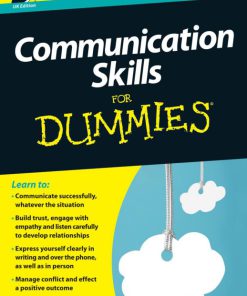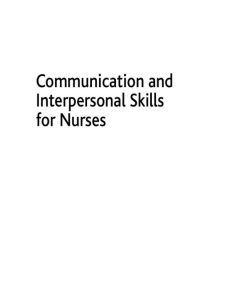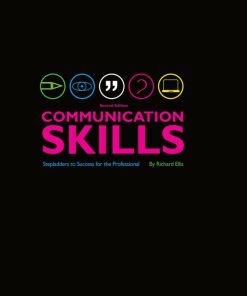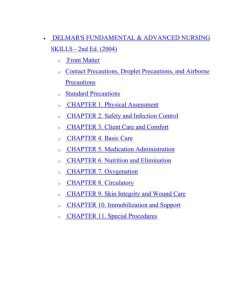Advanced Communication Skills 1st edition by Matthew Richardson ISBN 1801200777 978-1801200776
Original price was: $50.00.$25.00Current price is: $25.00.
Authors:Matthew Richardson , Series:Cyber Security [104] , Tags:Cyber Security; Computer & Internet , Author sort:Richardson, Matthew , Ids:Google; 9781801200639 , Languages:Languages:eng , Published:Published:Nov 2020 , Publisher:Mattia Ciocchetti , Comments:Comments:HOW MUCH IMPORTANT IS LEARNING TO COMMUNICATE?First of all we have to make a fundamental distinction between talking and communicating. Almost everyone is good at talking, but how many people nowadays is able to effectively communicate their thoughts, emotions, messages and feelings?Usually people fail in transmitting what they really want to, therefore defects of communicative abilities can be considered as one of the main causes of stress, frustration and lack of comprehension and harmony in everyday social, familiar and professional life.To improve our relationships at home, in the workplace, in business and so on, is crucial to understand not only what to say, but especially HOW to say it, that makes all the difference.In this book we’ll debate the aspects and the dynamic of communication. Moreover we’ll discover advanced tools that can bring your social and professional life at a higher level.SOME RELEVANT TOPICS WE’LL TALK ABOUT: -Communication Basics-Aspects of the Communication Dynamic-Verbal and Non-Verbal Communication-Types of Input, Filters, Internal Map, State and Response-Perception-Rapport-Advanced Communication Skills Toolbox













